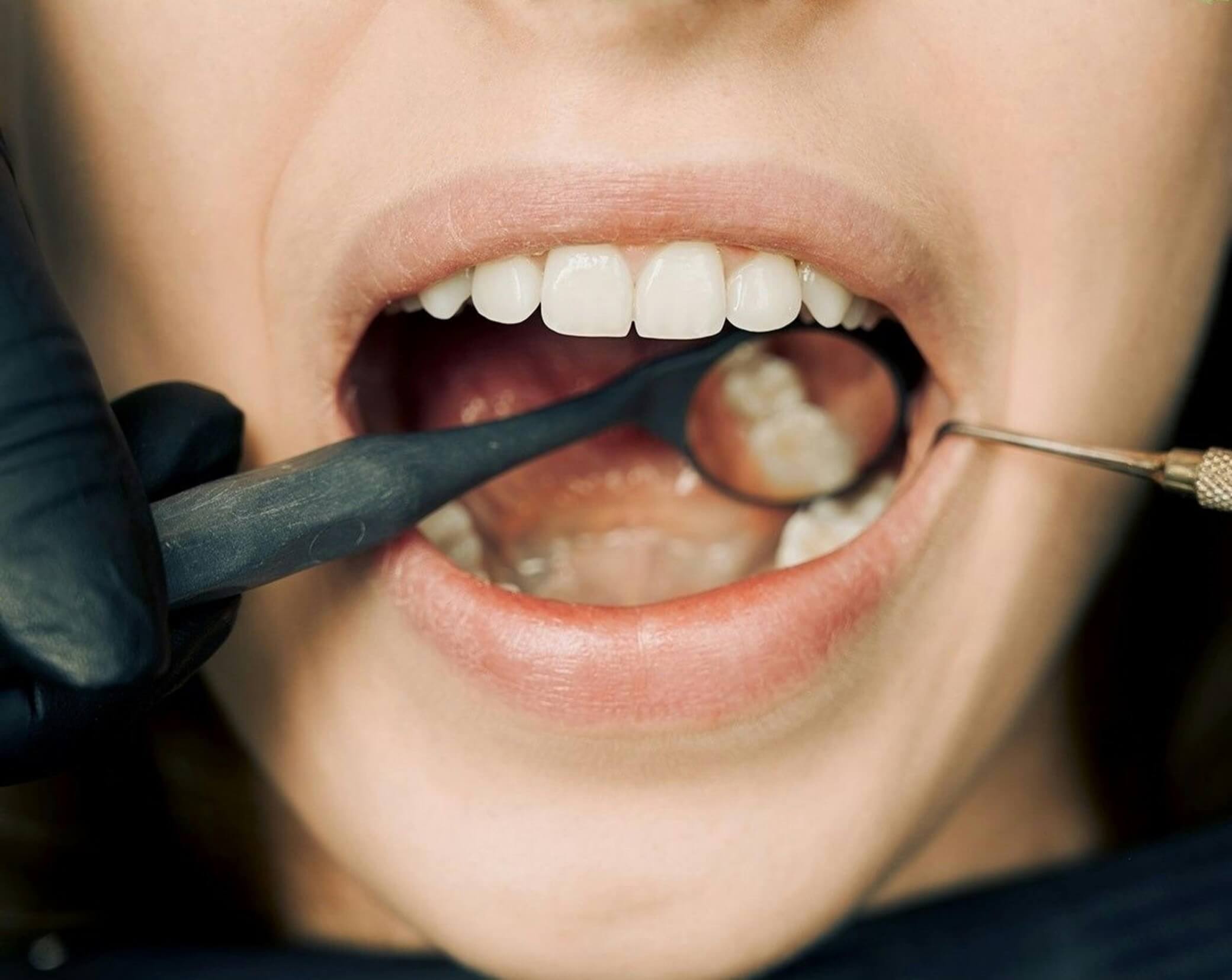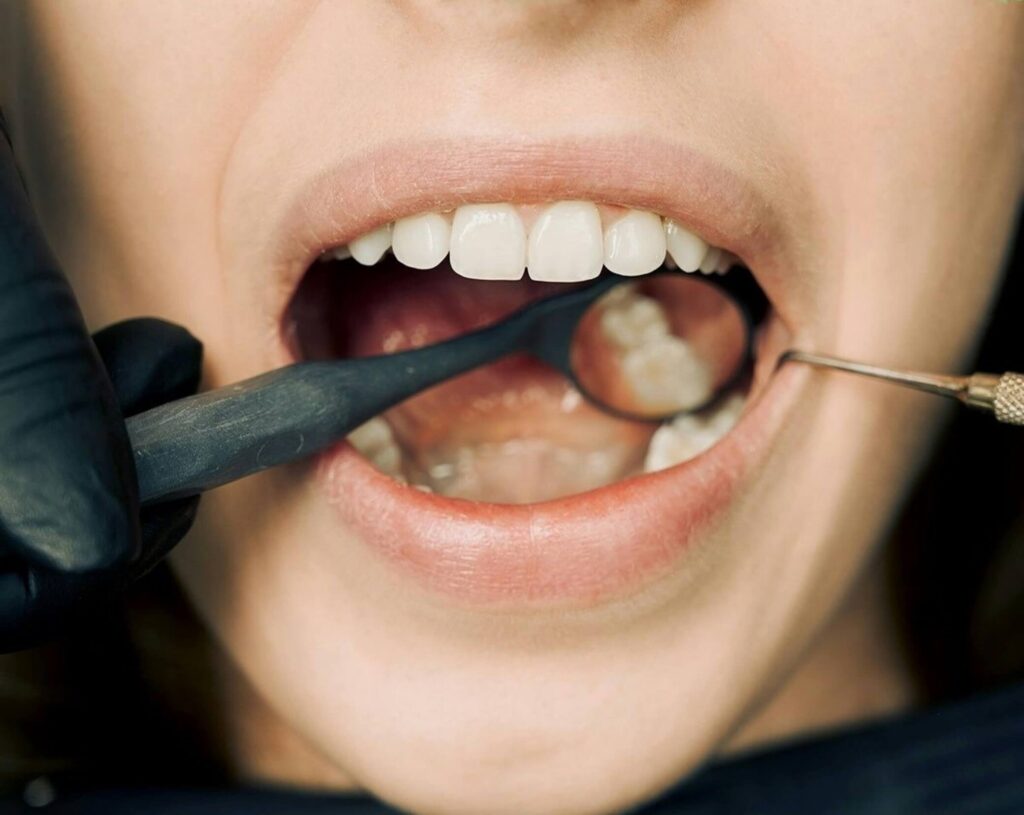Dental crowns are a proven way to protect and save a person’s teeth, but they still represent a significant investment, even if you have dental insurance to help cover the cost.
It’s for that reason that many potential dental clients express concern with regard to how long a set of dental crowns will last. Just as is true of any restoration, they have an estimated lifespan, but it can vary from patient to patient.
What Is a Dental Crown?
A dental crown is a custom-made cap that fits over (and covers the visible portion of) your natural tooth.
Dental crown procedures require taking an impression of the tooth, whether by means of a traditional impression or a digital scan. Traditional impressions get sent to a dental lab, where the crown is created. Digital scans allow the dentist to make the restoration in the office, eliminating the need for a temporary crown and a second appointment.
A dentist will recommend a dental crown (or multiple thereof) for the following reasons:
- To protect a damaged or weakened tooth
- To repair broken or worn-down teeth
- To improve the appearance of misshapen or discolored teeth
- To restore dental implants
- To anchor a dental bridge
Altogether, dental crowns are a reliable option if you need to strengthen and restore your natural teeth while preventing future dental issues.
Understanding the Lifespans of Dental Crowns
How long your dental crowns last depends on a few key factors, such as the material they’re made from, their position in your mouth, and how well you care for your teeth. In general, though, most crowns last somewhere between five and 15 years. With proper care, including routine cleanings and exams, it’s not unusual for them to last for 20 years or more.
Tips for Protecting Your Dental Crowns
Protecting your crowns will increase their chances of lasting longer than expected. Use these tips to get the most out of your restoration:
Practice Good Oral Habits
The best way to maintain a dental crown is to brush twice and floss daily. Avoiding foods that are both sugary and acidic will help prevent plaque-causing bacteria from producing acids that attack the tooth and cause decay. If the natural tooth under the crown remains healthy, the crown will last longer.
Avoid Hard Foods
Crunching on hard foods, like popcorn kernels or ice cubes, puts extra stress on a dental crown, potentially causing it to loosen, chip, or crack. Refraining from using your crown to chew on these foods will protect your investment.
Regular Dental Exams
The American Dental Association recommends a routine checkup once every six months, assuming your mouth is healthy. These checkups are how your dentist ensures your dental crown is still in good shape, and through their findings, your dentist will recommend whether you need more frequent visits.
Quality Dental Crowns to Save Your Teeth
A dental crown is a commonly used restoration that can fix many dental issues. If you think you need a crown or a set of them, contact Pinnacle Dentistry. With proper home care and routine dental visits, our quality crowns can last. Call today to schedule a consultation.



